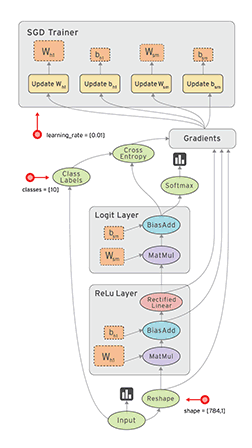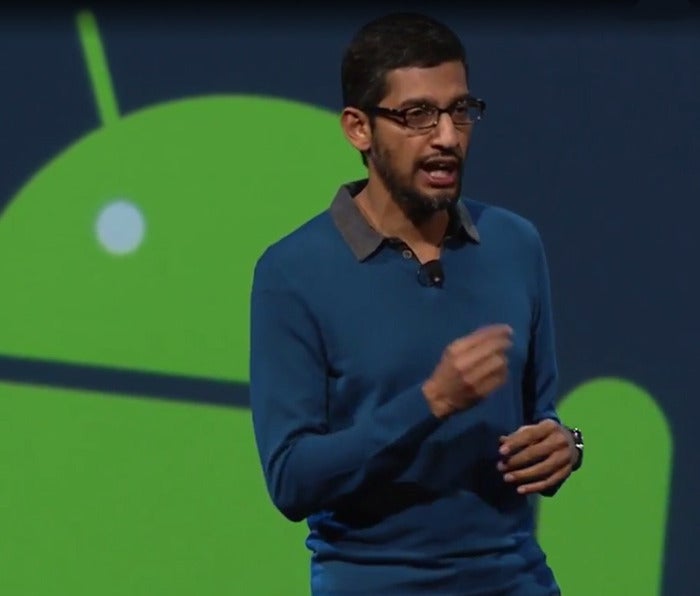
“A couple of years ago, you could not talk to the Google application in the urban noise, or read a sign in a foreign language through an interpreter Google Translate, and instantly find photos of your labradudelya – says Google’s official blog. – Our applications simply were not smart enough. But in a short time they became much, much smarter. Now, thanks to machine learning all that is available. Despite all the progress we have made, still remains room for improvement. Therefore we have created a completely new system of machine learning, called TensorFlow. It’s faster, smarter and more flexible than our old system, so it is much easier to adapt to new products and research. ”
So, Google posted its latest development TensorFlow into the public domain under the freedom of the license Apache 2.0.
Continue reading Google has opened for all machine learning library TensorFlow








